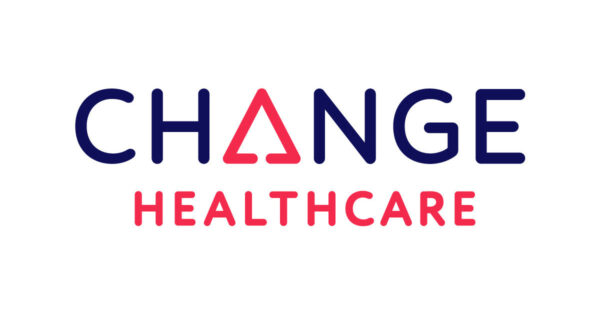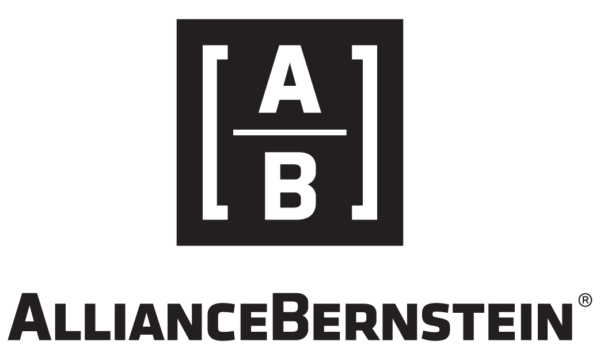Nashville’s tech workforce may be smaller than most, but it’s also the fastest-growing in the nation and one of the more diverse, too.
Those are some of the takeaways from the latest annual analysis of the tech industry from CBRE Group Inc. (NYSE: CBRE). The global commercial real estate company ranks 50 metro areas in North America in its “Scoring Tech Talent” report, using 13 factors to gauge each area’s ability to attract and develop tech talent across 20 types of professions within that industry. The report is one of several benchmarks that assess and dissect Nashville’s tech workforce.
Cities across the country are jockeying to entice tech companies and bolster that kind of education at their schools and universities, seeing those jobs as a way to future-proof their economies. The race is on in Nashville, as the region gears up for office hubs from Amazon.com Inc. (Nasdaq: AMZN) and Oracle Corp. (NYSE: ORCL) and as the Greater Nashville Technology Council pursues a goal of doubling the region’s tech workforce by 2025. Nationwide, tech has proved to be resilient during the Covid-19 pandemic: The number of software development and computer programming jobs grew 4.8% in 2020, while non-tech roles fell by 5.5%, according to CBRE.
By its tech headcount, Nashville was among the smallest of the 50 markets CBRE examined. Nashville ranked as the 41st top market for tech talent in CBRE’s scorecard, up one spot from 2020 and four spots higher than 2019.
Here are the Nashville metro area highlights:
Nashville has 35,190 tech workers — a leap of 36.1% from the tally in 2015. That is the largest percent change of any U.S. market in that time.
It’s a gain of 9,330 workers, and the pace is accelerating: Two-thirds of those jobs appeared within the last two years.
Tech jobs comprised 3.6% of all jobs, tied for the fifth-smallest concentration of all 50 markets.
Nashville posted the 10th largest “brain gain,” which CBRE defined as the difference between tech jobs added and tech degrees awarded from a region’s universities. Over a five-year span, there were 5,007 more new tech jobs than new tech graduates, who often migrate to other cities following college.
Nashville had the largest brain gain among small tech markets, defined as those with fewer than 50,000 tech jobs.
Average annual tech wages rose 10% in the last five years, topping $84,000. That’s 70% more than the average wage of a non-tech job.
Nashville’s rising apartment rents are eating into that pay, however. The average rent consumes almost 18% of that average salary, tying Nashville with Chicago as the 12th most expensive tech market by that measure.
Nashville posted the biggest precent growth in millennials (ages 23 to 38) among small tech markets over a five-year span. Nashville achieved the same feat in CBRE’s previous study.
Only three of the 50 markets — Pittsburgh, Charlotte and Nashville — had a larger share of underrepresented minorities in their tech workforce compared to their overall office-based workforce. CBRE found that 17.1% of Nashville’s tech workforce is comprised of Hispanic, Black, and other “non-white/non-Asian” workers, compared to the “office-using workforce,” where that ratio was 16.7%.









